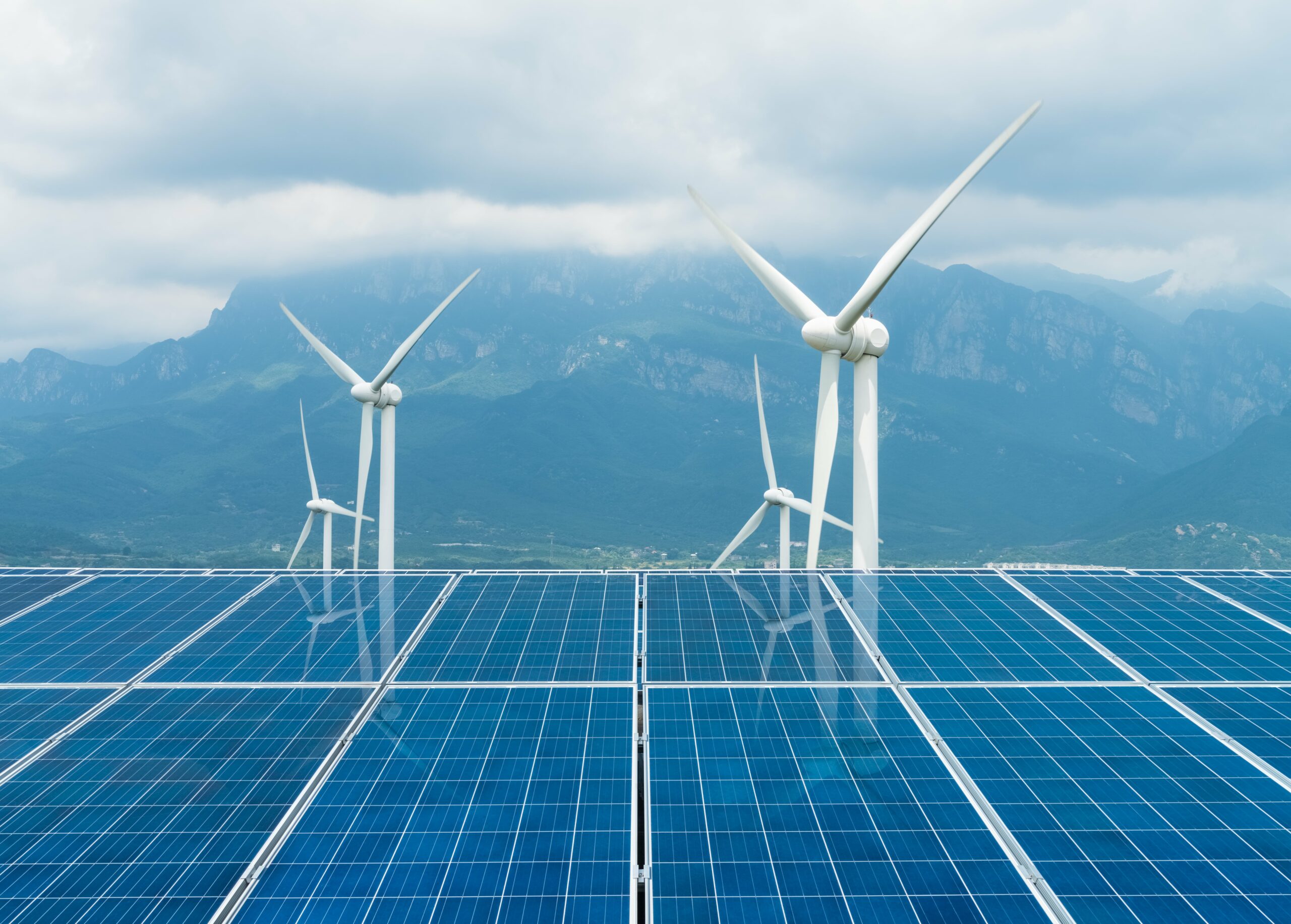Global warming is an inexorable issue impacting all of us and we all need to move the needle to limit and mitigate its negative consequences.
Acknowledging the finite reserves of our natural resources, we do our utmost in all our factories to make the most efficient use of our input, to avoid waste, to reduce consumption, to recycle where possible, and to market the best sustainable value products.
Likewise, we strive to stay on top of technology and best practices to improve our processes and constantly reduce our impact on the environment. Silox makes it a point of honor to convert its factories to green energies whenever possible.
One practical way to address these issues is to perform life cycle assessments of our products and processes. Thanks to these assessments, we are able to measure and compare their environmental impacts, we can identify hotspots and improvement alternatives, which in turn guide our development initiatives and investment decisions.








